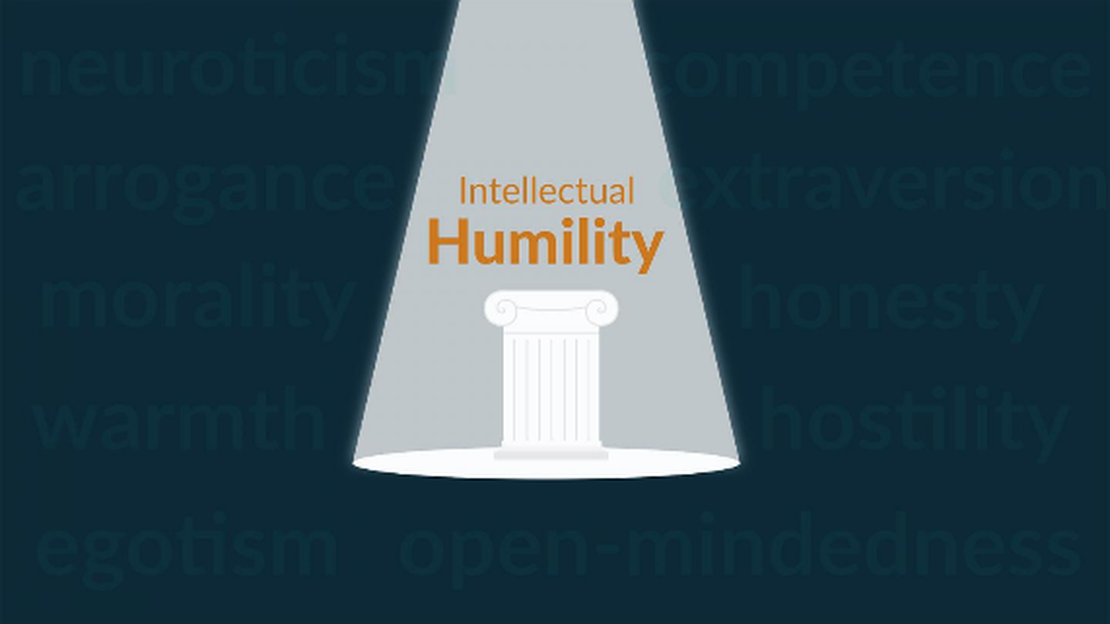Writing for me is certainly an art form, and art is something which is subjective, so you may see things I didn’t, I hope you do …

Intellectual Humility, the missing value
I read an article a couple of months ago which prompted me to think about the values we choose to hold. Health services, organisations, individuals, we all have values.
Health and community services have their values, usually prominently portrayed in numerous places. Sometimes when I see the propensity to shout about values it reminds me of the line from Shakespeare, “The organisation doth protest too much, methinks.” (adapted)
Interestingly I don’t recall ever having seen intellectual humility as an organisational value. Imagine if it was, in practice, not just on the signage.
(People) Organisations who are intellectually humble know that their beliefs, opinions, and viewpoints are fallible because they realize that the evidence on which their beliefs are based could be limited or flawed or that they may not have the expertise or ability to understand and evaluate the evidence. Intellectual humility involves understanding that we can’t fully trust our beliefs and opinions because we might be relying on faulty or incomplete information or are incapable of understanding the details. Greater Good Berkley
Within the mental health and AOD systems intellectual humility as an organisational value would demand listening, would demand that the perceived wisdom be re-examined, the way we have always done it ‘might’ be harming not healing, it would demand we move outside the rigid box.
It would ensure curiosity as a key method of working and ultimately it would give birth to real compassion. I would argue that without intellectual humility compassionate approaches cannot exist.
Intellectual humility suggests we don’t have all the answers, it suggests none of us have all the answers, but an intellectually humble approach, evidenced through a collective curiosity, embodied within truly mutual respect could enable us together to find some answers. We would stop pretending we know what is best for each other, and simply ask.
We would stop saying what you should be and listen to who you are. To personalise that, I would not be told how I should respond, behave or feel, or what I should settle for (and be grateful) and someone would ask me how I feel, what matters to me and maybe what my dreams are?
This approach implies real and equal organisational partnership between all, that means those with living experience of mental health challenges, living experiences as companions, living experience of AOD challenges, living experience of harm reduction, and mental health nurses, social workers, allied health professionals, psychologists and psychiatrists.
I would suggest that Service Director roles, CEO roles, Board Chairs (as examples) would then be open to those who are qualified through their lived/living experience, not solely to those qualified through their tertiary credits. There is an equality of opportunity, because there is an equality of credibility, regardless of what brings that credibility into being.
Intellectual humility, if truly manifested, would turn the hierarchical nature of systems on its head. It is a lack of intellectual humility which saw the naked emperor parade through the streets, and it took the bravery of a small child, who refused to be silenced, to challenge the arrogance.
We need organisations who insist on intellectual humility as foundational. I suggest we will not see true change until this value is widespread.
Rather than put this value on a poster, or website banner (though I have no objection to that, as long as reality matches the gloss) I would challenge mental health, AOD services, and community organisations to truly enact this value. It might just enable us to see organisational equality in a way which truly elevates consumers, companions, families (birth or choice) and kin.
Imagine if intellectual humility was the fundamental value from individual interactions through to practice and corporate governance and government policy making. I know it’s a stretch but let’s imagine, although thinking about it I am a little weary of, no, being honest extremely weary of, just imagining.
If we are serious about reform we could just do it! Couldn’t we?